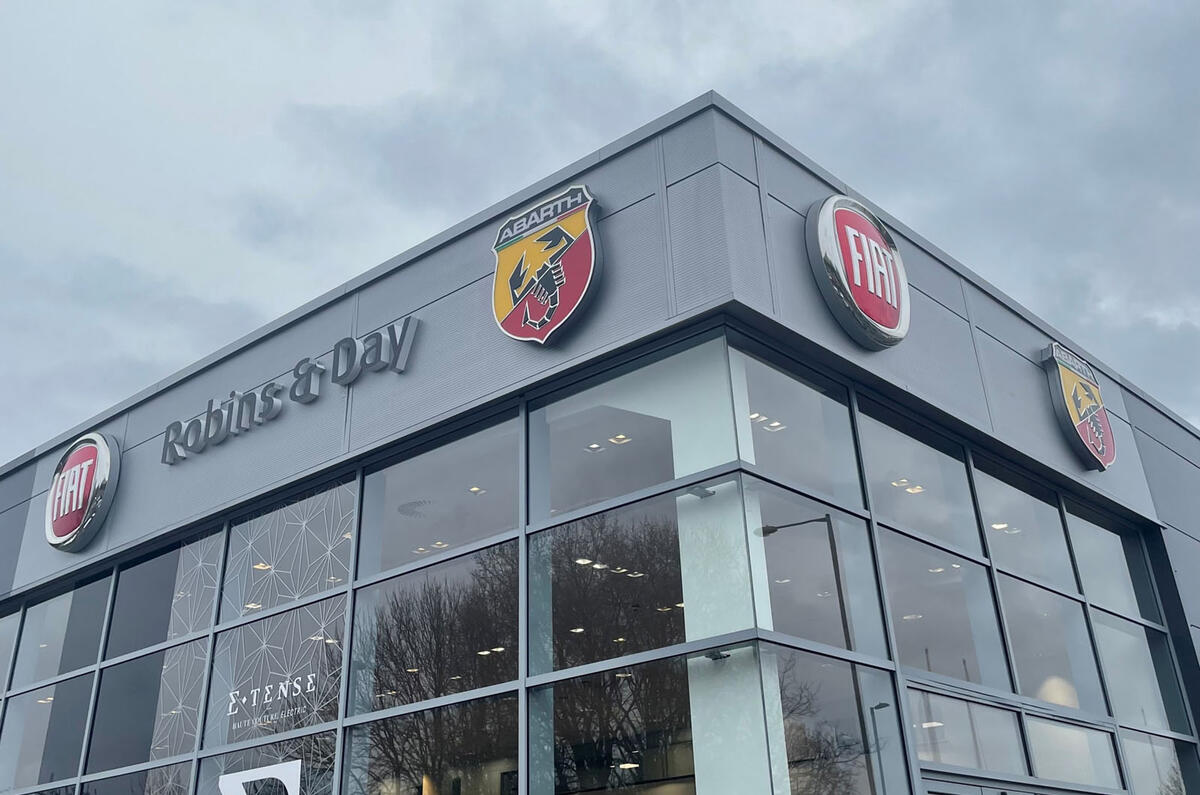Fiat Europe boss Gaetano Thorel has rejected the prospect of moving to digital-led direct-to-customer sales, stating “our dealers are our engine”.
Thorel said: “They’re the face of the brand. They’re crucial. When you go outside of Italy, to Germany, to France, even to the UK, our network [of dealers] represents our face in the market. The dealer is our ambassador.”




Add your comment